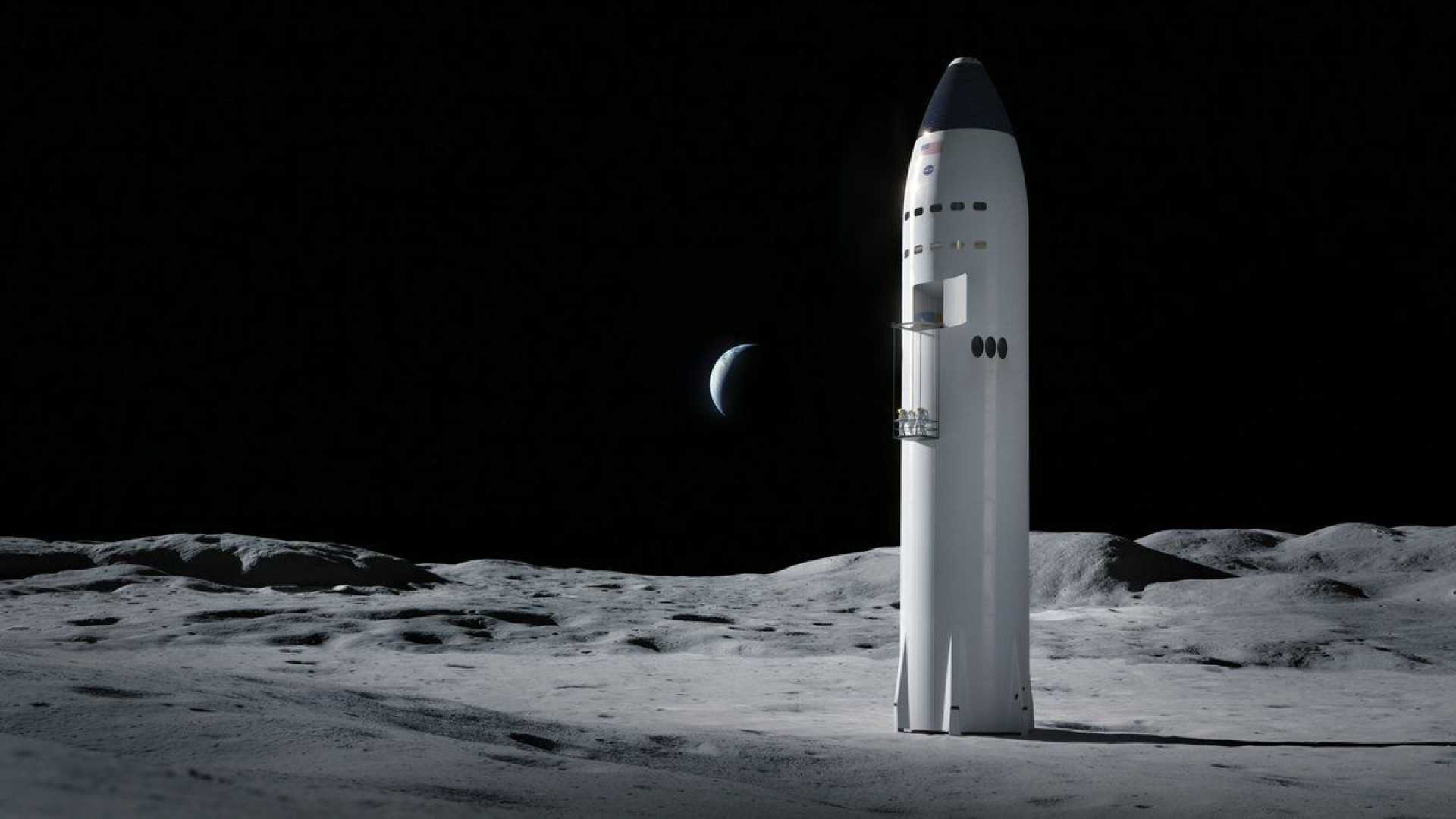Tech
Musk Clashes with Transportation Secretary Over NASA’s Lunar Plans

WASHINGTON, D.C. — Elon Musk is in the spotlight again due to an escalating dispute with Sean Duffy, the U.S. Secretary of Transportation, over NASA’s efforts to return astronauts to the moon. The conflict intensified on Oct. 20 when Duffy criticized the readiness of SpaceX, Musk’s company, to fulfill a $2.89 billion contract for the Artemis III and IV lunar missions.
Duffy expressed concern about delays in the Starship rocket development, stating, “I’m going to open up the contract. I’m going to let other space companies compete with SpaceX.” He emphasized that the United States needs to win the second space race against China.
Musk dismissed Duffy’s comments, labeling him “Sean Dummy” on social media and questioning his qualifications to manage the nation’s space program. “The person responsible for America’s space program can’t have a 2 digit IQ,” Musk tweeted.
Experts support Duffy’s position, pointing out the complexities of deploying Starship as a lunar lander. Former NASA Administrator Jim Bridenstine noted the spacecraft’s design is overly complicated for the specific lunar mission goals.
The main challenge lies in the Starship’s size and fuel requirements. SpaceX plans to refuel Starship in orbit, but there are concerns about how many missions will be needed to complete this task. “Elon says it’s eight to 10 refueling missions,” said NASA administrator Mike Griffin. “Most professionals…say it’s 20.”
Meanwhile, Blue Origin, owned by Jeff Bezos, has also been awarded a contract for a lunar lander called Blue Moon, which is smaller and potentially more efficient. Blue Origin is working on technology to mitigate fuel loss during missions.
In a twist, Lockheed Martin has proposed a collaborative plan to build a new lunar lander using existing spacecraft components, hoping to streamline development and reduce costs.
NASA expects to receive plans from both SpaceX and Blue Origin by the end of October, and will issue a request for information to the broader commercial space industry to accelerate its lunar missions.
The race to the moon, echoing the historic competition between the U.S. and the Soviet Union, has taken on new stakes as the U.S. aims to outperform China in this next chapter of space exploration.












